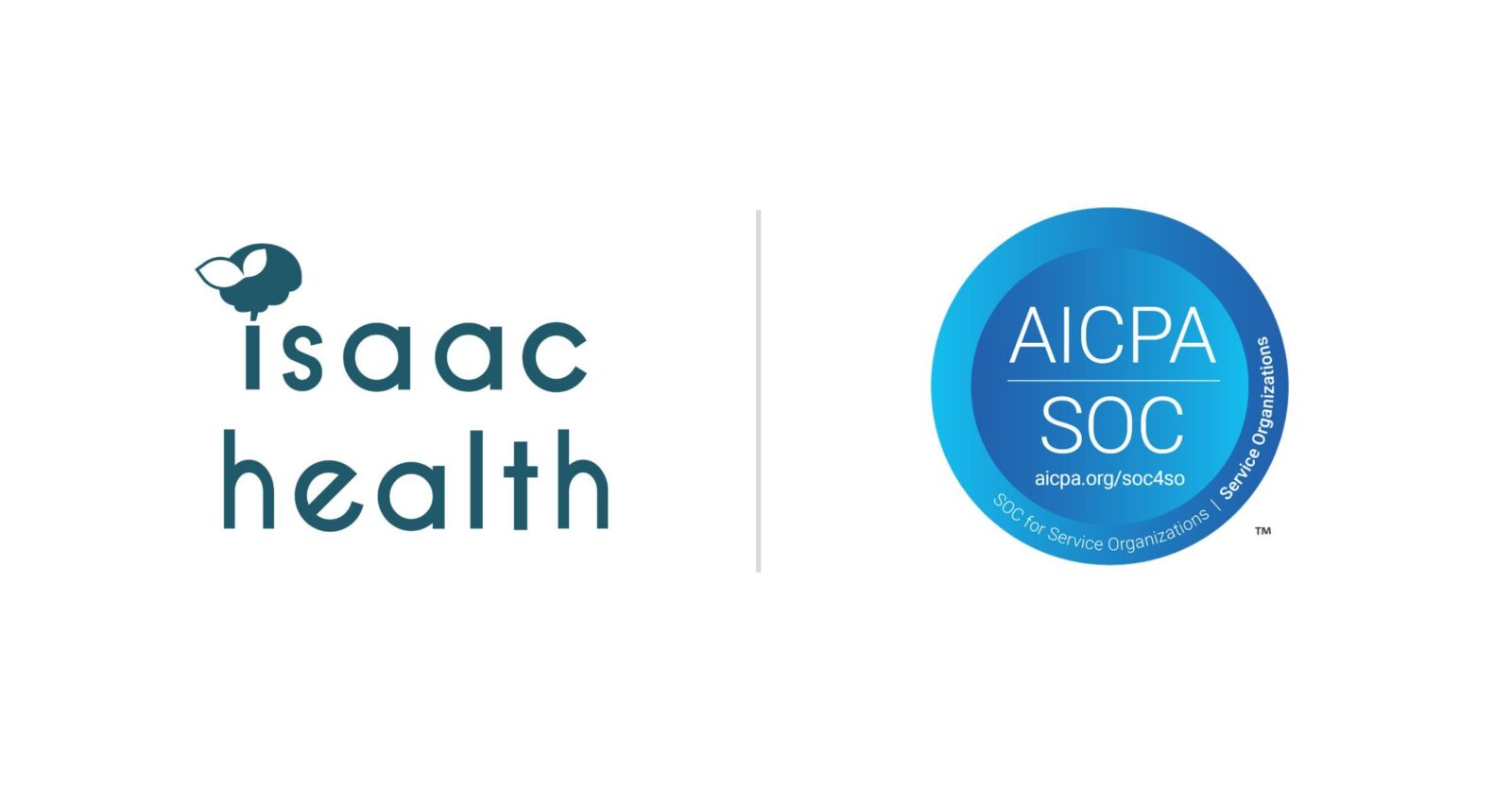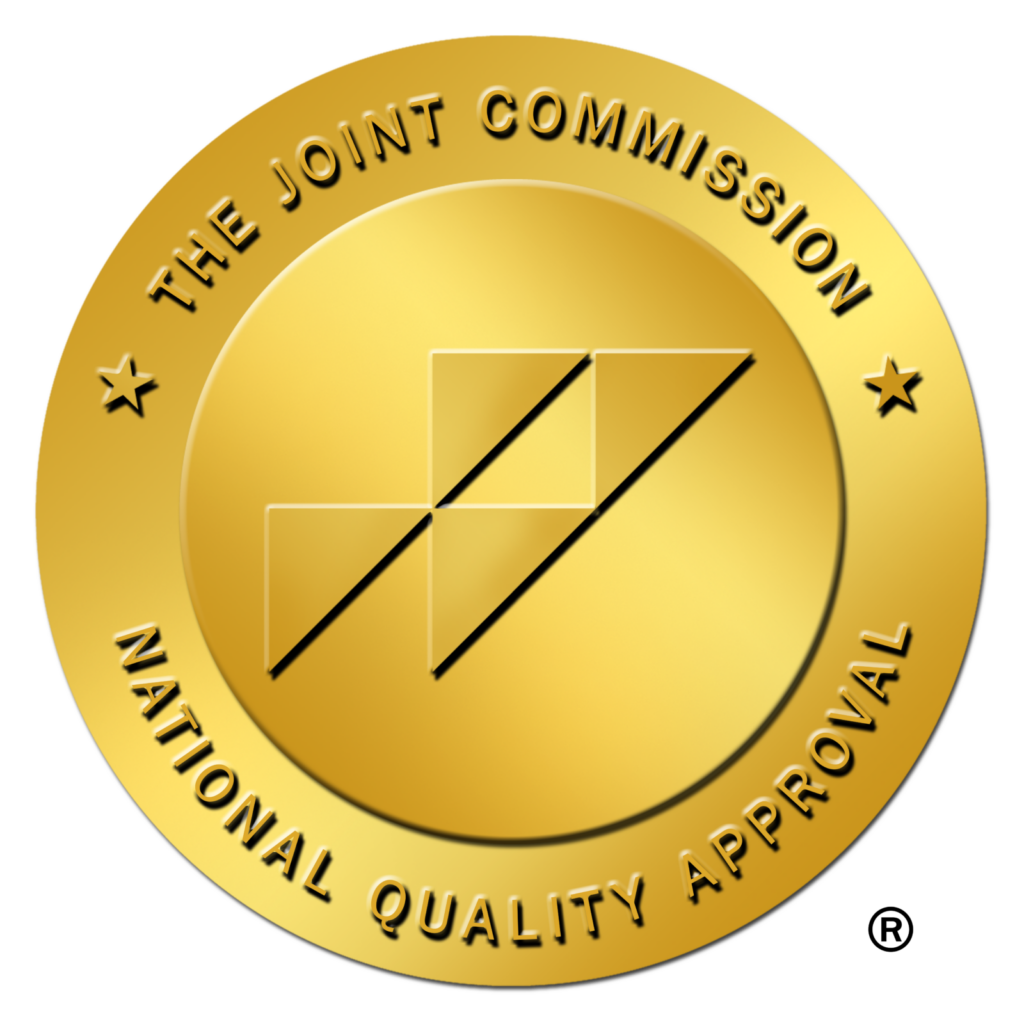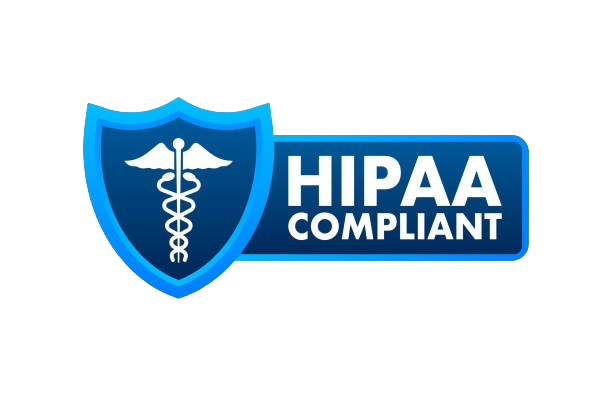Reviewed by Joel Salinas, MD
You might be thinking: what do the gut and the brain have to do with one another?
While they may seem like distinct entities, recent studies paint a different picture. In fact, there is a fascinating interplay between these two vital systems in our bodies, and it holds potential benefits for brain function as we age.
The Gut-Brain Axis
In the last decade, scientists have found that the gut microbiome—a bustling community of tiny organisms that lives in our gut—plays a role in a two-way communication network connecting our digestive system to our brain, also known as the Gut-Brain Axis (GBA). Throughout various studies, scientists have underscored the importance of maintaining a healthy gut microbiome to support cognitive function and mental well-being.1 This may be happening through three different pathways that aren’t yet fully understood: neural, endocrine, and immunologic. In simple terms, a happy gut seems to work with the rest of your body to keep a happy and healthy brain.
The Gut Boosts Muscle Function and Brain Power
In a recent study published in Nature Communications, scientists investigated the impact of prebiotics on our gut microbiome. 2 Their findings show that when study participants regularly fed their gut bacteria with prebiotics, particularly Bifidobacterium (which is commonly found in yogurt, kombucha, and other fermented foods), it positively influenced their performance on a cognitive test. However, whether or how much this boost may impact the rest of a person’s day-to-day function wasn’t addressed by the study. Essentially, what we eat can potentially enhance our mental sharpness and is definitely worth further study.
The Alzheimer’s Connection: Possible Early Clues in the Gut
Recent studies have explored the association between gut microbiome changes and Alzheimer’s disease. Key findings suggest that changes in our gut microbiome may precede the cognitive declines associated with Alzheimer’s. 3, 4 The studies reinforce the importance of ongoing research in this field, which has mostly been focused on the relationship between the gut microbiome and mental health. Further research can help us unravel the complexities of the gut-brain connection and potentially pave the way for novel therapeutic interventions for Alzheimer’s disease and related disorders. Understanding and monitoring our gut health could offer early insights into potential risks and preventive strategies.
What are some steps we can take to achieve a happy gut and healthy brain? Here are some key takeaways:
-
- Diversify Your Diet: Consume a variety of fiber-rich foods, fruits, vegetables, and fermented foods to promote a diverse and healthy gut microbiome. A balanced diet that resembles the Mediterranean diet will already go a long way to keeping your brain healthy without the need to take any dietary supplements.
-
- Prebiotics and Probiotics: Include prebiotic-rich foods like garlic, onions, and bananas, as well as probiotics already found in yogurt and fermented foods, to nurture beneficial gut bacteria.
-
- Manage Stress: Practice stress-reducing techniques such as mindfulness, meditation, or yoga, as chronic stress can negatively impact the gut microbiome.
-
- Stay Hydrated: Drink an adequate amount of water to maintain a healthy balance of fluids in the digestive system.
-
- Regular Exercise: Engage in regular physical activity, as it has been shown to positively influence both gut health and cognitive function. Regular physical activity keeps the gut microbiome diverse and thriving.
Tapping into the gut-brain connection can help us live healthier, more vibrant lives. By making mindful choices in our diet and lifestyle, we can potentially maintain or gain sharper cognition. So let’s make some delicious choices, and embark on the journey to a happier, healthier you!
1 Cooke MB, Catchlove S, Tooley KL. Examining the Influence of the Human Gut Microbiota on Cognition and Stress: A Systematic Review of the Literature. Nutrients. 2022; 14(21):4623. https://doi.org/10.3390/nu14214623
2 Ni Lochlainn, M., Bowyer, R.C.E., Moll, J.M. et al. Effect of gut microbiome modulation on muscle function and cognition: the PROMOTe randomized controlled trial. Nat Commun 15, 1859 (2024). https://doi.org/10.1038/s41467-024-46116-y
3 Ferreiro AL, et al. Gut microbiome composition may be an indicator of preclinical Alzheimer’s disease. Science Translational Medicine. 2023. Epub June 14. doi: 10.1126/scitranslmed.abo2984.
4 Vogt NM, et al. Gut microbiome alterations in Alzheimer’s disease. Scientific Reports. 2017;7(1):13537. doi: 10.1038/s41598-017-13601-y.








